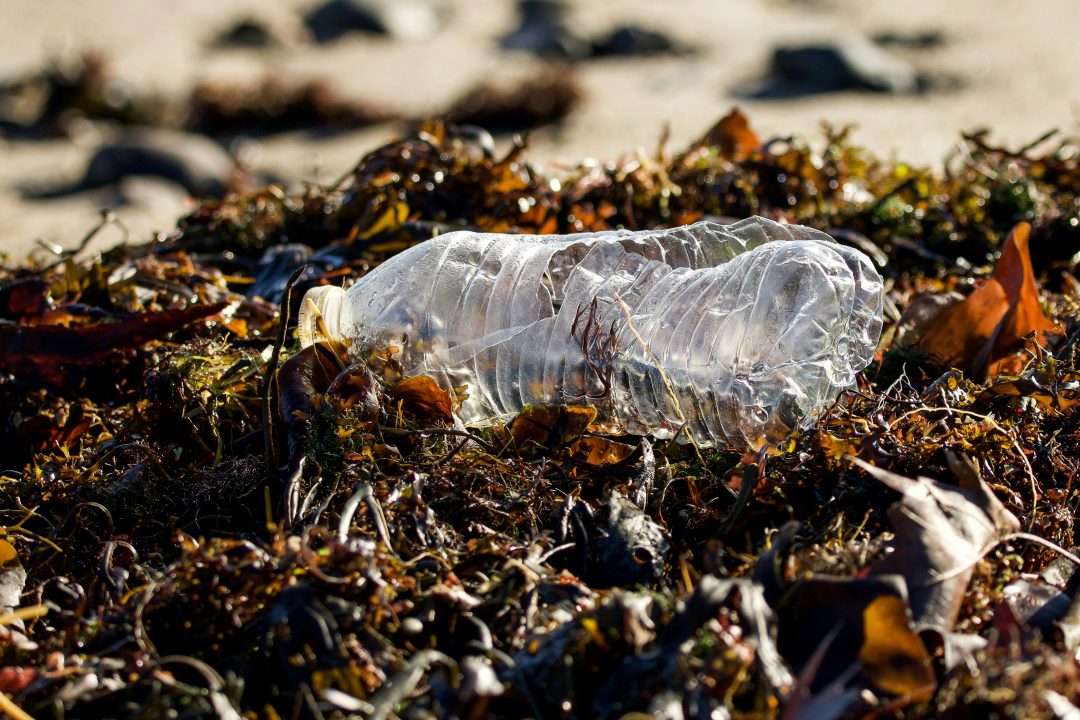
How Microplastics Disrupt the Body’s Communication Network
The gut and the brain are closely linked through a complex biochemical pathway known as the gut–brain axis. Recent studies (Nature Reviews Microbiology, 2024) reveal that micro- and nanoplastics can alter the gut microbiome — the community of beneficial bacteria that regulate digestion, mood, and immunity.
When plastic particles enter the intestine, they can damage the intestinal lining, reduce microbial diversity, and trigger inflammation, weakening the barrier that separates the gut from the bloodstream.
From Gut Inflammation to Cognitive Stress
Once the intestinal barrier is compromised, plastic-derived toxins and inflammatory molecules can travel through the bloodstream and potentially reach the brain. Animal models (Toxicology Letters, 2023) have shown that chronic microplastic exposure can impair neurotransmitter balance, leading to anxiety-like behavior and reduced memory performance.
Restoring Biological Harmony Through Clean Water
Reducing microplastic intake is key to protecting the gut–brain connection. Klar2O’s advanced filtration technology eliminates micro- and nanoplastics along with PFAS and chemical additives — preserving both water purity and biological balance.
Because clean water isn’t just about hydration — it’s about mental and physical equilibrium.
Visit klar2o.com to learn how Klar2O safeguards your health at the molecular level.